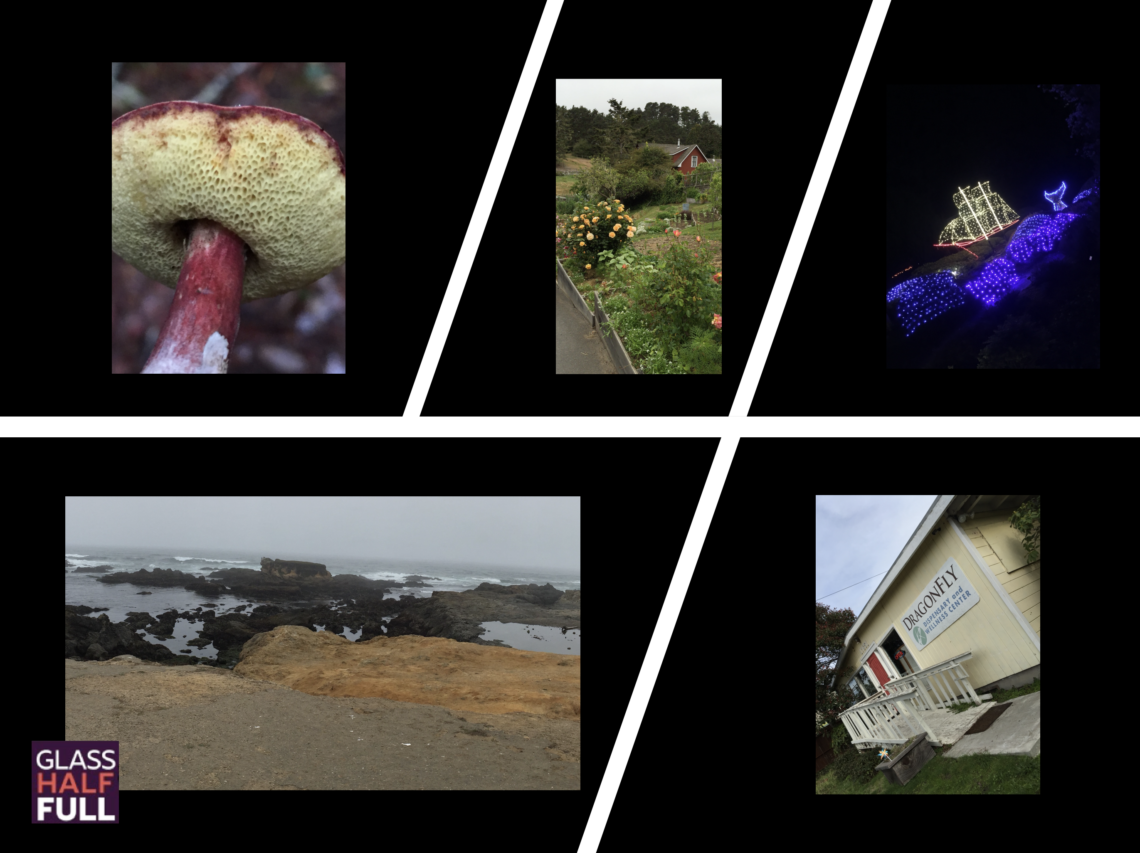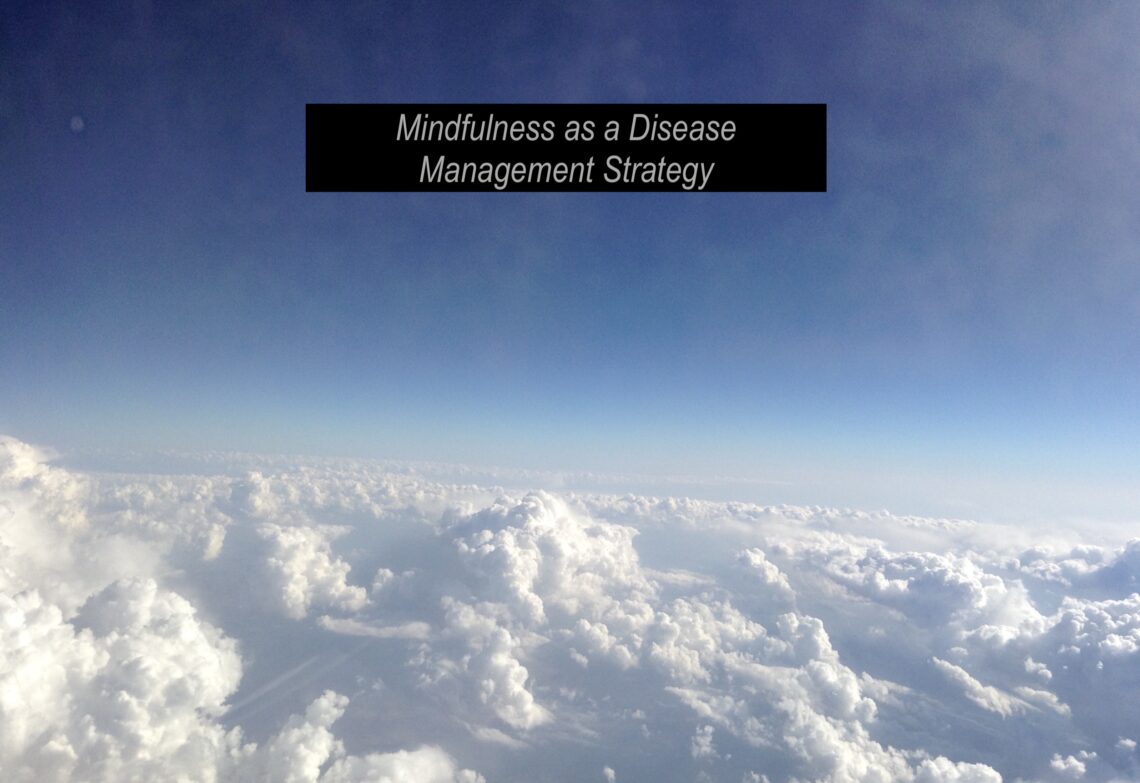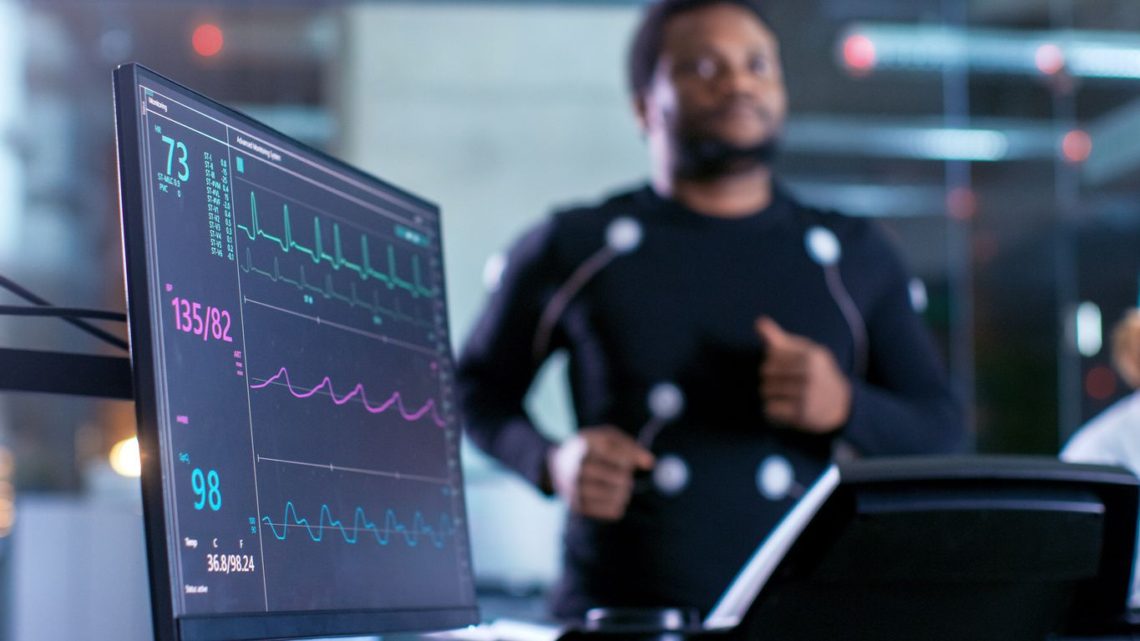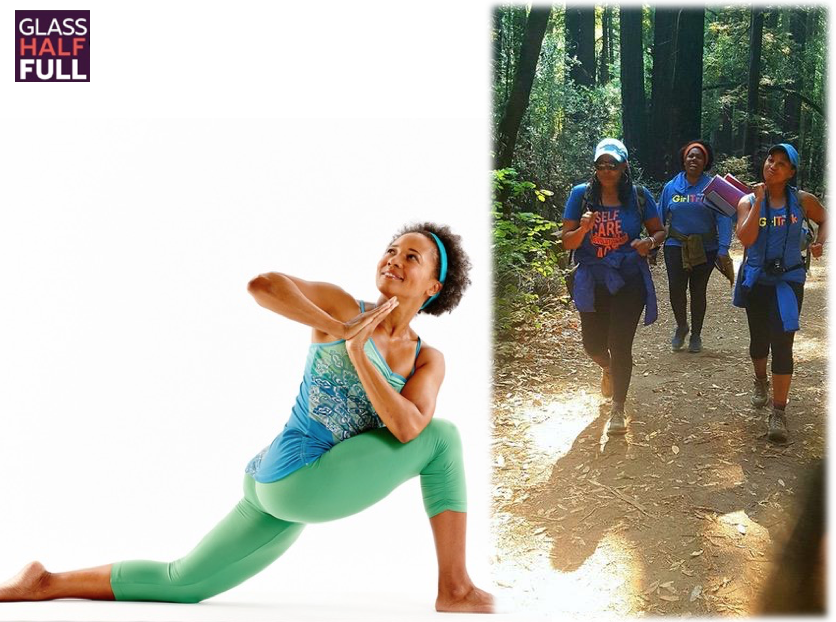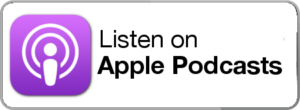A seated Tai Chi practice can have both physical and emotional health benefits. Tai Chi instructor, Ralph Somack, has taught tai chi to seniors, people with dementia, stroke survivors, people using wheelchairs and this week…
The Pandemic has brought many changes; for me, it’s ushered in the next chapter of my life. Perhaps the final chapter? With mobility challenges, it was one of two choices: home modifications or move to…
This is part 2 of a conversation with Dalia Kinsey, RD, LD, SNS. We talk about becoming our authentic selves, how trauma impacts our physical and emotional health, and the need for inclusivity and intersectionality…
Are you feeling stressed out? With all that’s going on in the world — pandemic, civil unrest, job loss, hurricanes, wild fires — it’s difficult to avoid stress. Laughter therapy, or laughter yoga, might help…
Being diagnosed with a chronic, debilitating disease can certainly bring stress to one’s life. In fact, that stress can be significant enough to be called trauma. How one handles this stress varies. Some people have…
Autoimmune Illness: A Physician’s Journey
- September 19, 2019
- Tagged as: autoimmune condition, celiac disease, chronic fatigue syndrome, dysautonomia, fatigue, functional medicine, Gastroenteritis, Hashimoto thyroiditis, healing, hypothyroid, inflammation, integrative medicine, intuition, meditation, mononucleosis, post-paartum thyroiditis, qigong, stealth infection, stress, Thyroiditis
Imagine if your physician not only understood your invisible chronic illness but also had experience healing her own autoimmune illness. That physician could be Cynthia Li. Dr. Cynthia Li talks about her book, Brave New…
An echocardiogram technician told me I have a beautiful heart and that got me going. What makes for good heart health? What role do genetics, lifestyle, and environment play? Dr. Erica Pitsch talks about the…
One yoga teacher’s health journey. Katrina LaShea was able to ease her back injury and subsequent ankle injury pain through a yoga practice. What once worked as a treatment, later became her passion. Today Katrina…
- Alternative Healing Modalities
- Coping
- Mental Health
- Music and the Arts
- Podcast Episodes
- Relaxation
- Spirituality
Sound Therapy: I had to do this every day if I wanted to become well again
- June 24, 2018
- Tagged as: anxiety, bipolar disorder, chronic pain, depression, fibromyalgia, meditation, nervous system, neuroplasticity, relaxation, sleep, sound, stress, therapy, wellness, yoga
Sound Bath? Sound Meditation? Sound Symphony? Sound therapy has become a wonderful tool to access deep relaxation. For many, it is a gateway to meditation. Melissa Felsenstein of Inner Sounds Meditation shares her story of…
Annual Neurological Exam
- November 9, 2017
- Tagged as: diagnosis, exercise, neurologist, self-care, strength, stress
This week I had an appointment with the neurologist who diagnosed me twenty years ago. (I talk about my diagnosis in the first podcast episode.) It’s really been great having the continuity but three years…
